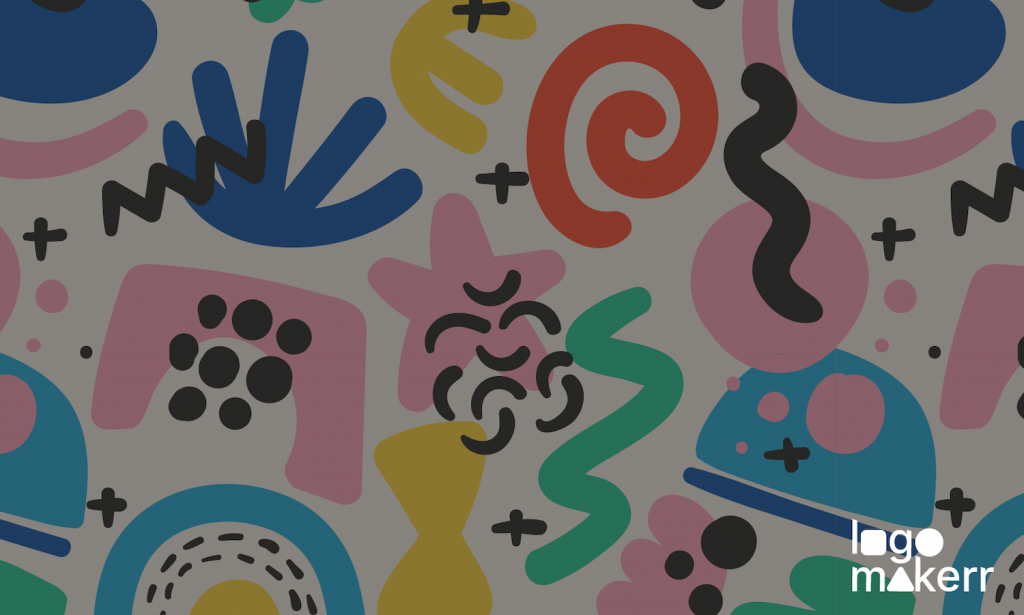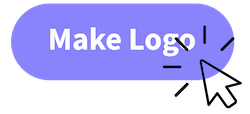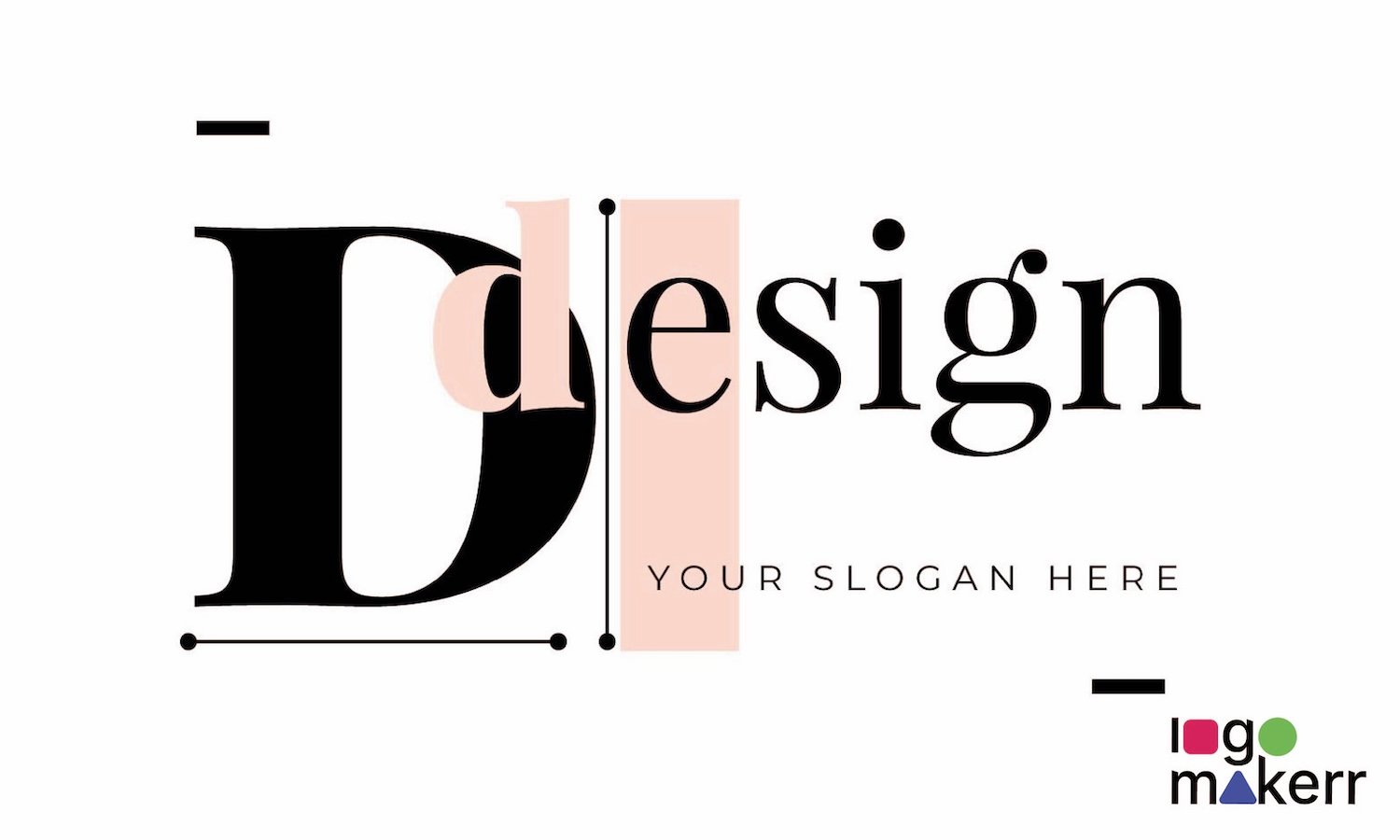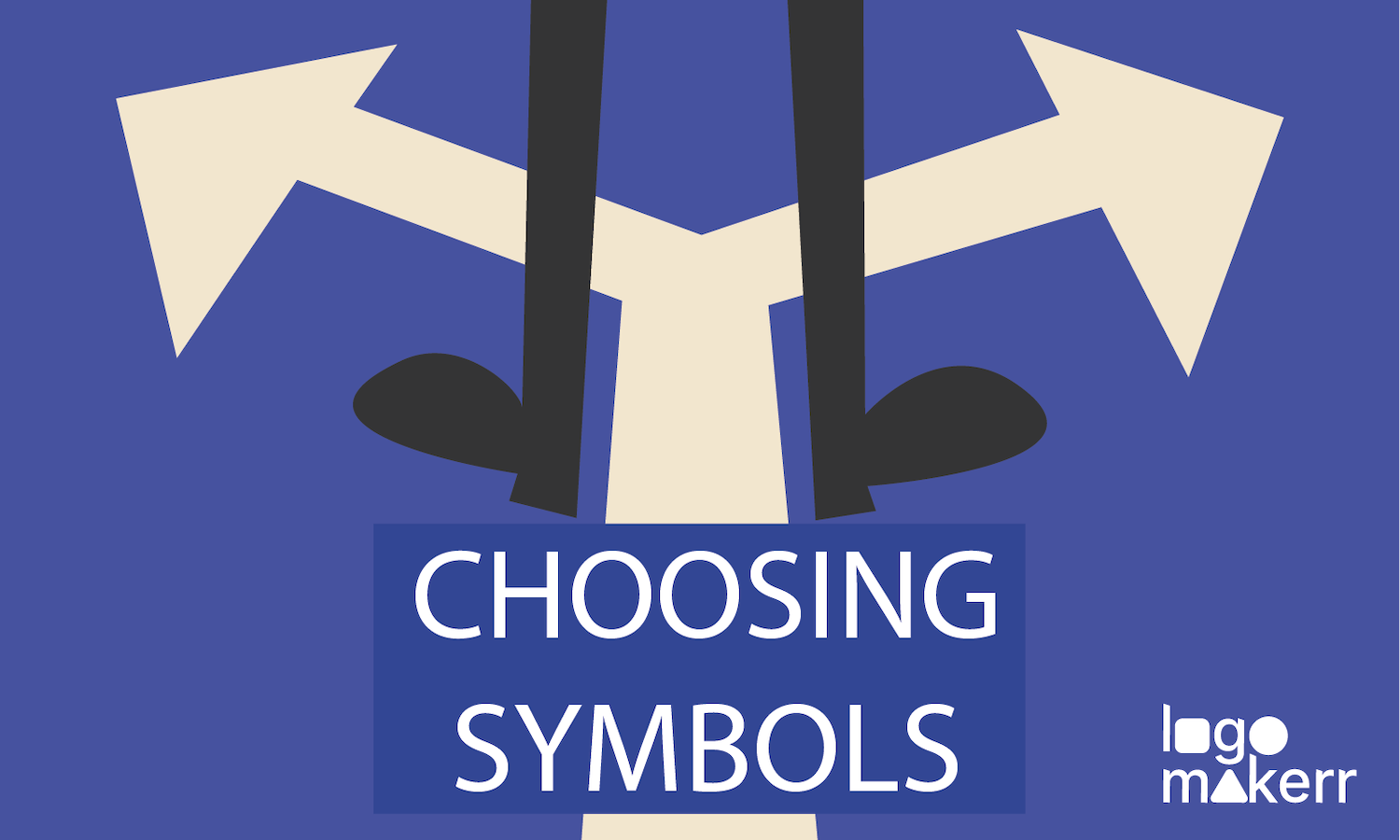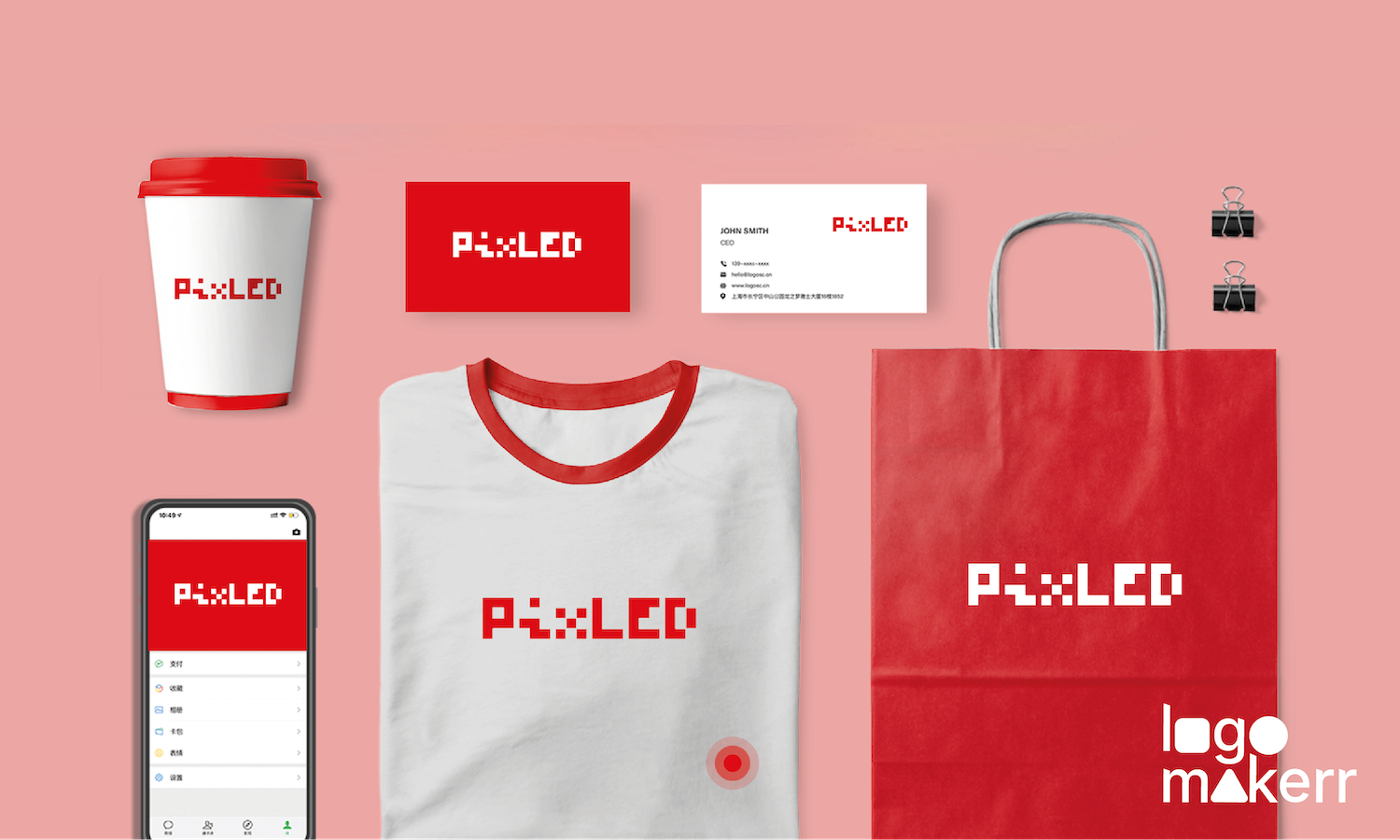What makes you stop when you see a logo, poster, or beautifully designed website? These captivating colors, artful arrangements, and interplay of typography are all possible thanks to types of graphic design and the industry!
Graphic design is the creative powerhouse behind the visual world we inhabit. It’s an art that permeates every aspect of our lives, from the logos of our favorite brands to the sleek interfaces of our go-to apps. Additionally, the integration of cutting-edge technology, such as AI logo makers, has further revolutionized the graphic design landscape.
But did you know that graphic design isn’t just one monolithic field? It’s a rich tapestry of diverse specializations with unique purposes and techniques.
In this article, we will explore 12 major types of graphic design and their distinct characteristics and applications. Whether you’re a budding designer or someone interested in visual communication, understanding these categories can provide valuable insights into the diverse world of graphic design.
12 Types of Graphic Design Industry.
In the world of graphic design, creativity knows no bounds, and each specialization is a unique brushstroke on the canvas of visual communication. From crafting iconic logos to shaping the user interfaces of our favorite apps, graphic designers are the architects of our visual culture.
Logo Design
Logos are the visual symbols that represent businesses, organizations, and products. They are the first thing people see when encountering a company or organization.
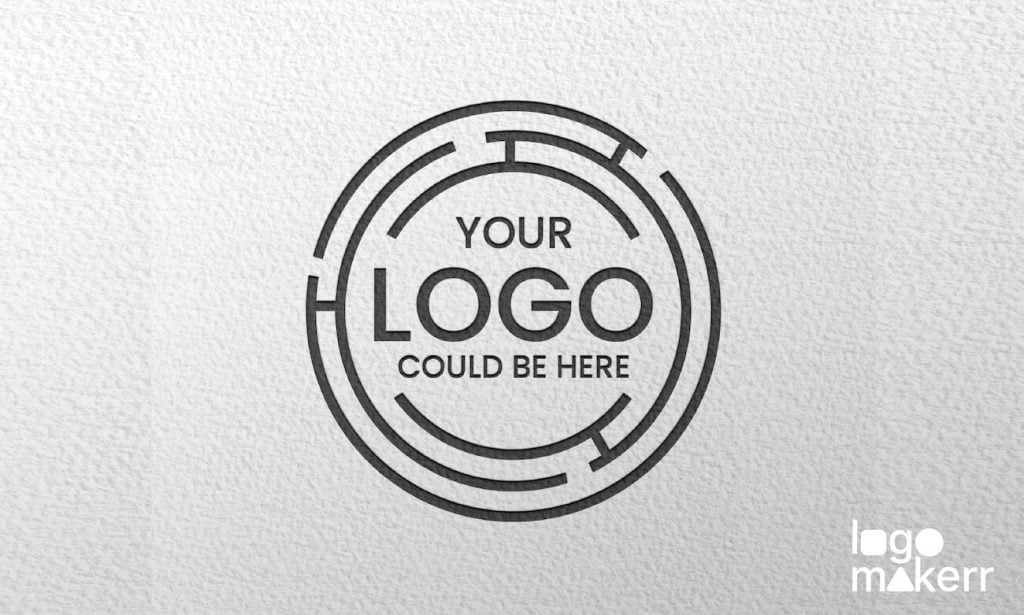
A successful logo often requires a deep understanding of the brand’s identity and values. Logo designers aim to create a symbol or wordmark that is instantly recognizable, conveys the brand’s essence, and leaves a lasting impression. Even those without design expertise can create logos with these qualities using an AI logo maker.
Simplicity, memorability, and versatility are key aspects of effective logo design.
Branding Design
While logo design is essential, branding design goes beyond just the logo. It includes creating a consistent visual identity for a company or product, encompassing everything from color schemes and typography to packaging and marketing materials.
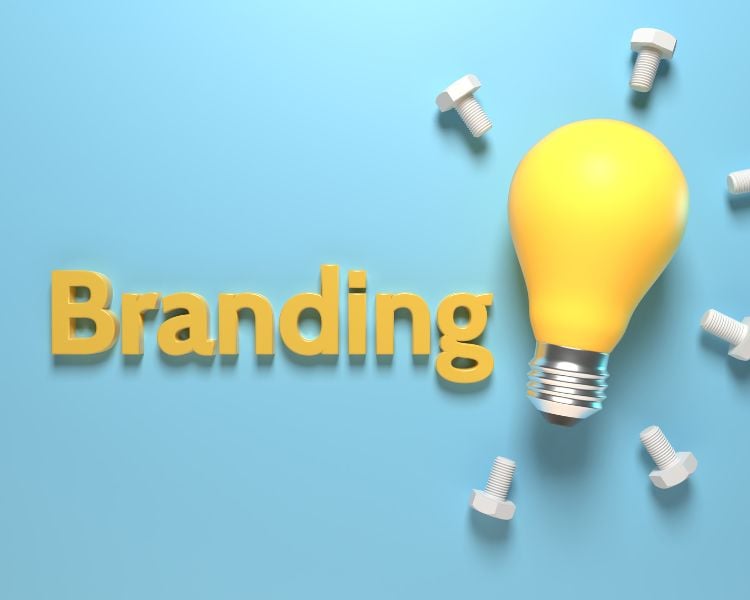
Branding designers establish a visual language that resonates with the target audience and represents the brand’s values and personality.
Print/Publication Design
Print design focuses on creating materials for physical distribution, such as brochures, posters, flyers, and magazines. Print designers must consider the aesthetics and technical aspects, such as file formats and resolutions, which are crucial for high-quality printing. All of these can be created using PhotoADKing’s tools, such as the brochure maker, flyer maker, and poster maker.
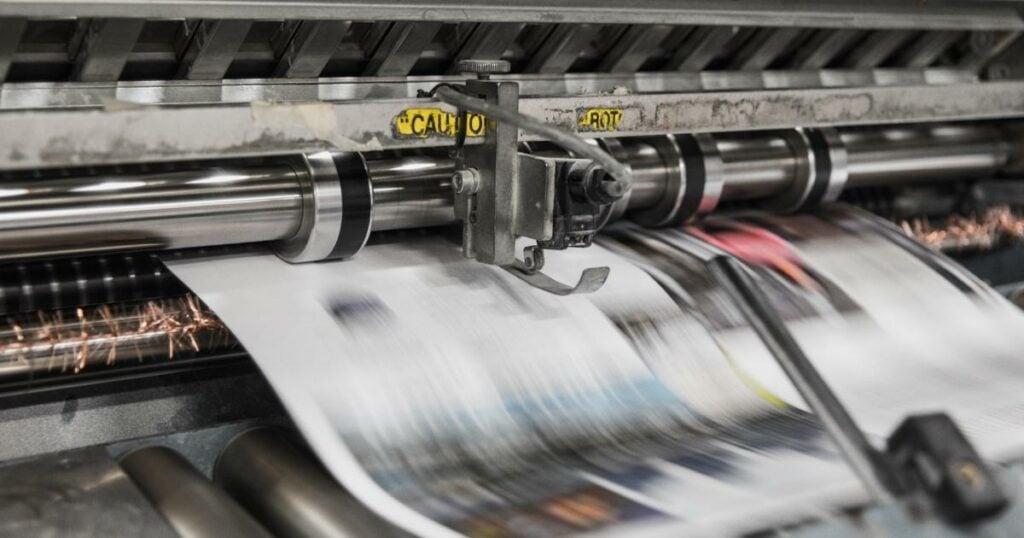
Graphic designers must also ensure that the visual elements complement the written content, enhancing readability and engagement.
Web Design
In the digital age, web and UI design have gained immense importance. Web design is dedicated to creating websites and user interfaces offering seamless aesthetics and engaging user experience.
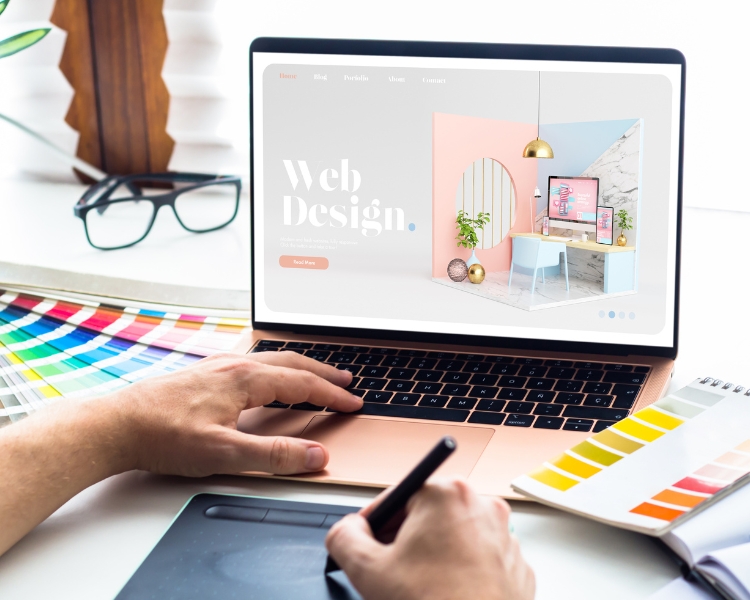
Web designers work on layouts, navigation, and a site’s overall look and feel, ensuring it’s visually appealing and user-friendly. They also consider responsiveness and adaptability across different devices.
Packaging Design
Have you ever bought a product solely based on its attractive packaging? Packaging design is responsible for that. Graphic designers in this field create product packaging that protects the contents and stands out on the shelves.

This involves creating an attractive and functional package that protects the product while effectively communicating its contents and brand. It blends form and function, ensuring the package is visually appealing and informative.
Moreover, packaging designers often work closely with manufacturers to ensure the feasibility of their designs.
Typography Design
Typography is an art form in itself. Typography designers specialize in crafting and arranging typefaces to create visually pleasing and highly legible text.
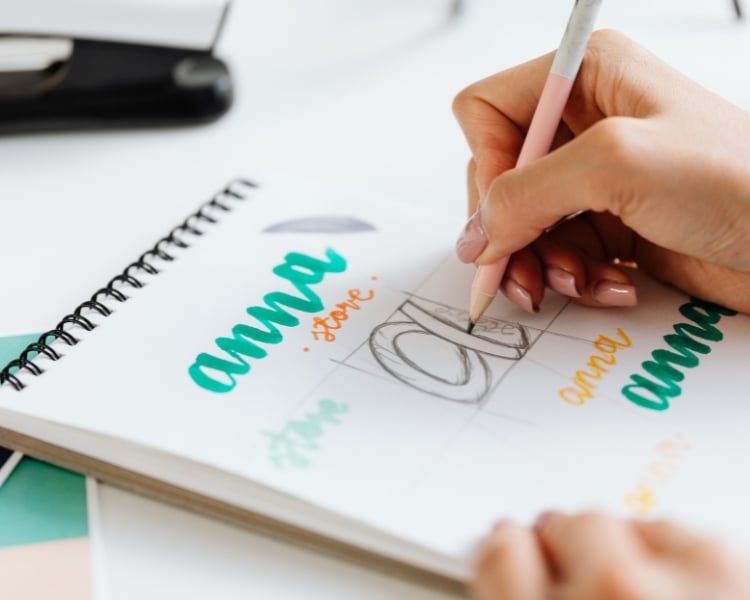
They choose fonts, font sizes, line spacing, and more to ensure that the text complements the overall design and effectively conveys the message.
Illustration
Illustration is a versatile form of graphic design that involves visual representations of concepts, ideas, or stories. Illustrators use various media, including digital tools, traditional media, and vector graphics.
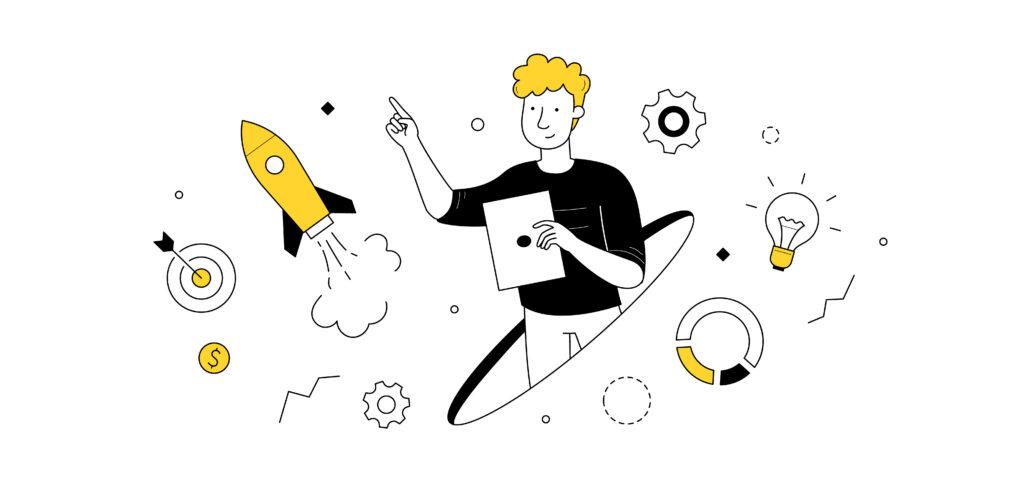
They are often commissioned to produce unique visuals that can’t be achieved with stock images or photographs. They bring a personal and artistic touch to various design projects.
Motion Graphics
Motion graphics combine graphic design with animation to create visually compelling videos and animations. This type of design is commonly used in advertising, film, television, and online content.
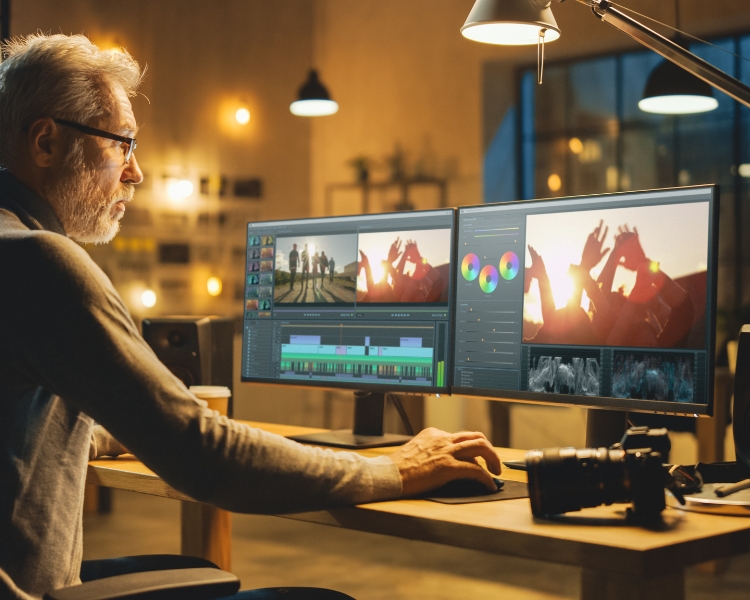
Motion designers use their skills to convey information or tell a story through dynamic visuals and animation. This type of design is vital in digital marketing and entertainment. In fact, 2D animation companies often use motion graphics to create visually appealing and dynamic marketing content for other brands.
Environmental Design
Environmental graphic design is all about transforming physical spaces. Designers create graphics and signage for public spaces, museums, airports, and corporate environments.

They ensure that the visual elements harmonize with the surroundings and help people navigate these spaces efficiently. They consider how people interact with the space and how to guide them effectively while maintaining a cohesive visual theme.
User Interface (UI) Design
UI designers create user interfaces for digital products such as websites, apps, and software. They ensure that the user experience is intuitive and visually pleasing. UI designers work closely with UX (user experience) designers to optimize a product’s overall usability.
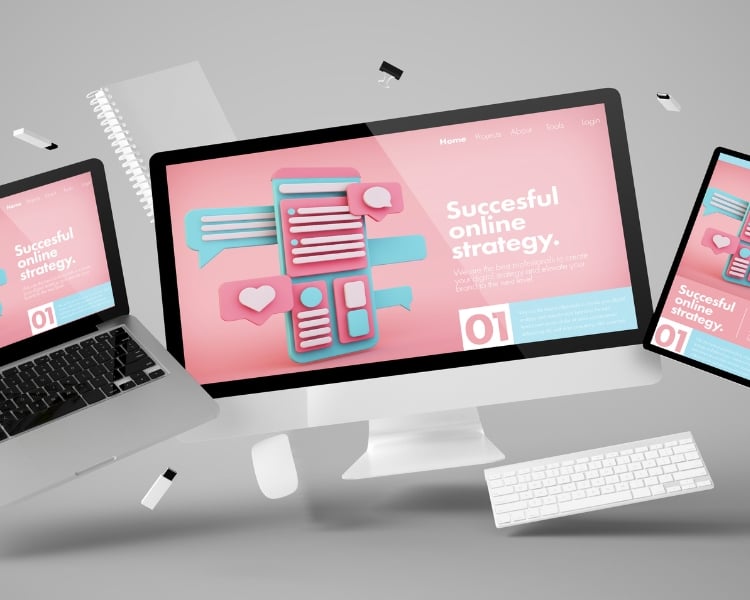
User Experience (UX) Design
UX designers concentrate on users’ overall experience when interacting with a product. They consider aspects such as user flows, information architecture, and usability.
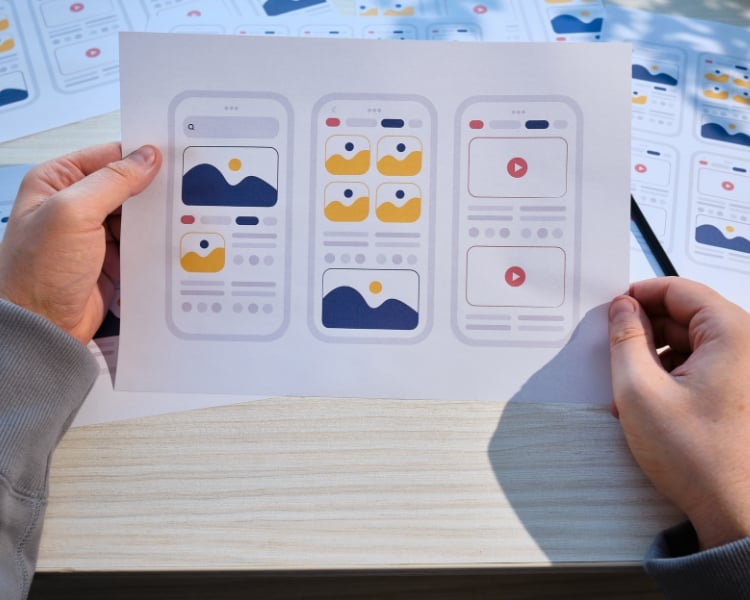
They research, create wireframes, and test prototypes to ensure the user journey is smooth and satisfying. While they may not directly create visuals, their work profoundly impacts the design process by providing that the end product is user-friendly and efficient.
Advertising Design
Advertising design is all about capturing the attention of potential customers. Graphic designers in this field use various tools, including advanced software and ad makers, to create eye-catching advertisements for print, digital, and outdoor media.
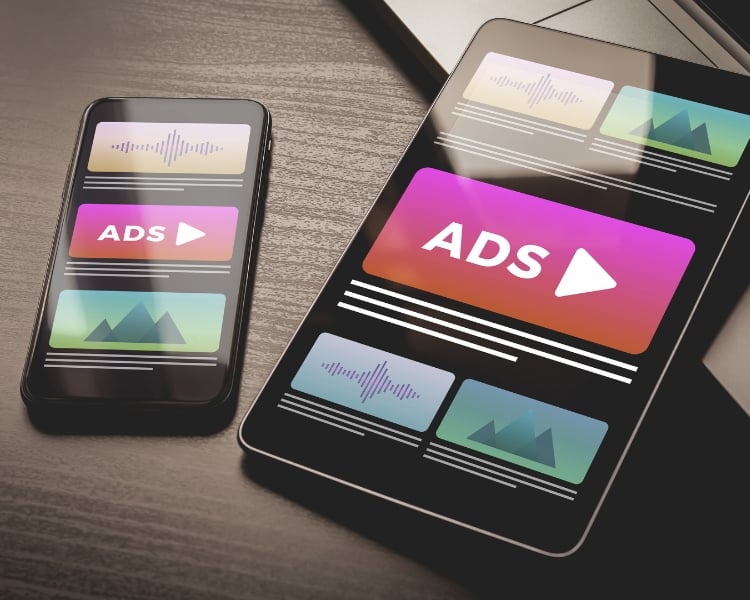
This work includes poster design, billboards, online banners, and TV commercials. The key is communicating a compelling message and persuading viewers to take action.
What Design Industry Are You Most Interested In?
Graphic design is a diverse field, encompassing numerous specialized areas that cater to different design needs. Whether you’re designing for the digital realm, print media, or physical spaces, graphic design plays a critical role in conveying information, capturing attention, and establishing brand identities.
Each of the 12 major types of graphic design discussed in this article offers a unique set of skills and challenges. Understanding these specialties can help aspiring designers and those seeking design services appreciate the intricacies of this creative discipline.
Whether you’re a designer or simply a design consumer, this knowledge can deepen your appreciation for the creativity and expertise that drives the field of graphic design. In a world driven by visual communication, graphic design remains an essential and dynamic art form!
